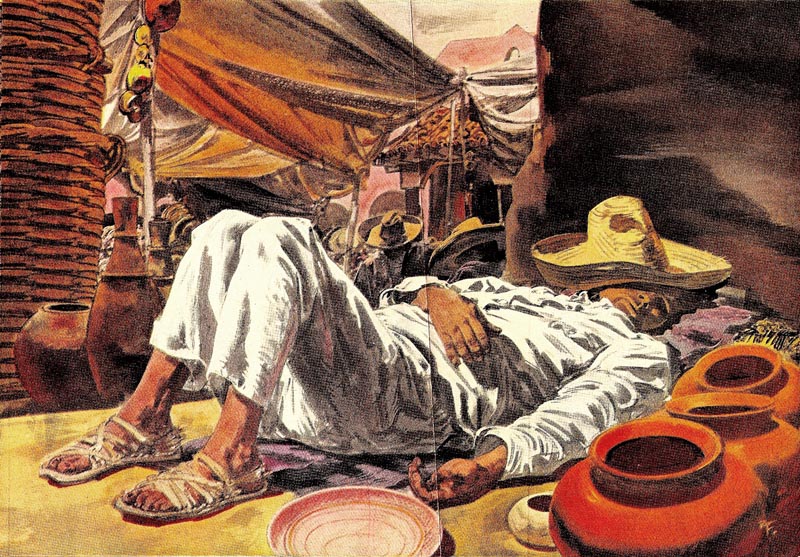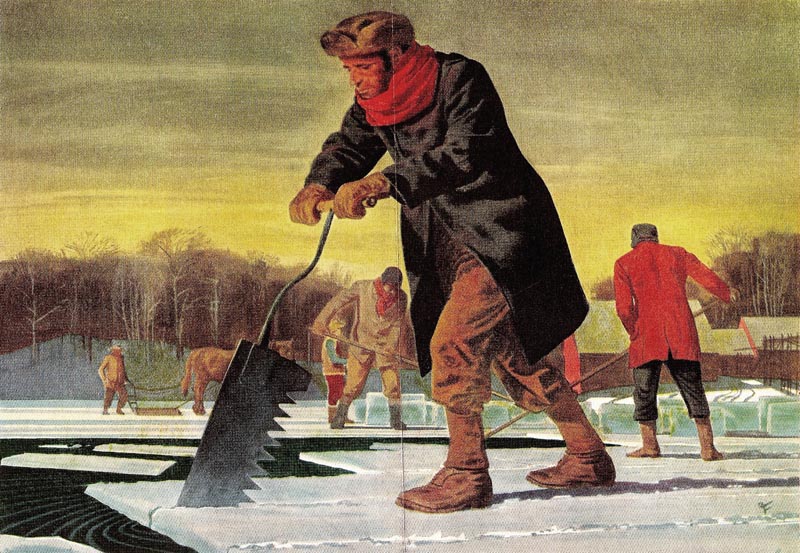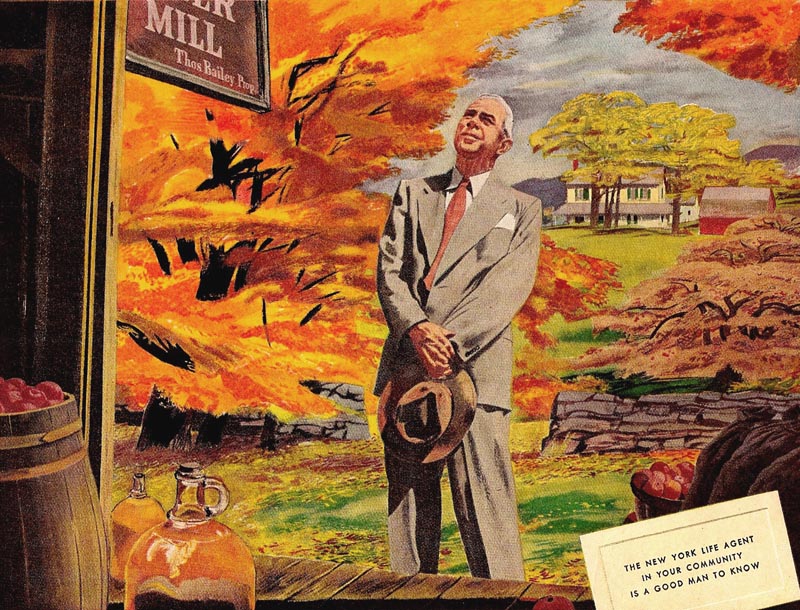
"And what holds the imagination back more than anything else is sloppy seeing. We must see first, then we may safely imagine more; vagueness and blurred seeing are not the same as inspired transformation of reality."

"There are those who contend that this kind of study is out moded today, that the modern artist develops somehow by himself and without formal training. It is suggested that the development of the student's intuitive perception is gravely retarded by what are sometimes referred to as the "clichés" of seeing.The vague and indefinite scribbles of the beginner are too often hailed as rare flashes of insight which will forever be denied the patient searcher. The ability to draw well, we are told, is something to be unlearned."

"It would be a matter of concern if this were true, but it is not. The keen eye that looks in wonder and appreciation at how things are, soon develops that humility which preceded the gaining of knowledge."

Excerpted from Robert Fawcett On the Art of Drawing
* My Robert Fawcett Flickr set.
that's it, i must find this book next week, even if i have to check every bookshop in london!
ReplyDeleteexcellent advice there, and sound thinking. i was cured from some of those things by spending two years (accidentaly) studying concept art...
Fawcett wasn't kidding about the trend of "unlearning" to draw. In the 1970s and 80s, some very famous art instructors would require students to close their eyes and draw left handed to shake off the discipline they had acquired over the years.
ReplyDeleteI love that first picture, although I've seen it 50 times. The conflagration he is portraying can hardly match the conflagration of brushwork Fawcett uses to portray it. Wow.
Thank you so much for the fawcett posts. On the Art of Drawing is one of the most enlightening texts about drawing there is. It saddens me that there is no great book about RF. I could see something coming along, much like the new sickles book from IDW.
ReplyDeleteActaully, anonymous, good news came via comment from Brian Postman in an earlier post this week that Manuel (Alex Toth books) Auad has a Fawcett book in the works to be released (hopefully!) later this year.
ReplyDeleteEach one of those consummate illustrators must have had his own approach to, appreciation or depreciation of (often clumsy) attempts at going beyond the visible reality. To what has been dubbed abstract painting, surrealism etc..
ReplyDeleteVery interesting subject, I find.
Many thanks for the quotes from Fawcett's book. I didn't know it existed! I went straight to abebooks.com and ordered a copy of the first edition, which arrived today. The price was low, probably because the book is available in a paperback reprint.
ReplyDeleteWhat a great teacher was Robert Fawcett, even for those who never had the privilege of being personally instructed by him. His understanding of the nature of art as expressed in On the Art of Drawing has been an inspiration for many, for he wrote with the same degree of grace and passion with which he drew. Much of his work was for magazine stories and advertising beneath his talents but the grandeur of vision that he brought is transforms these works. Take for instance his John Hancock advertisement “where he walked, freedom grew. . “, the low perspective and the sombre tones make it a little masterpiece. I heartily endorse the call for a publication about him and his work.
ReplyDelete